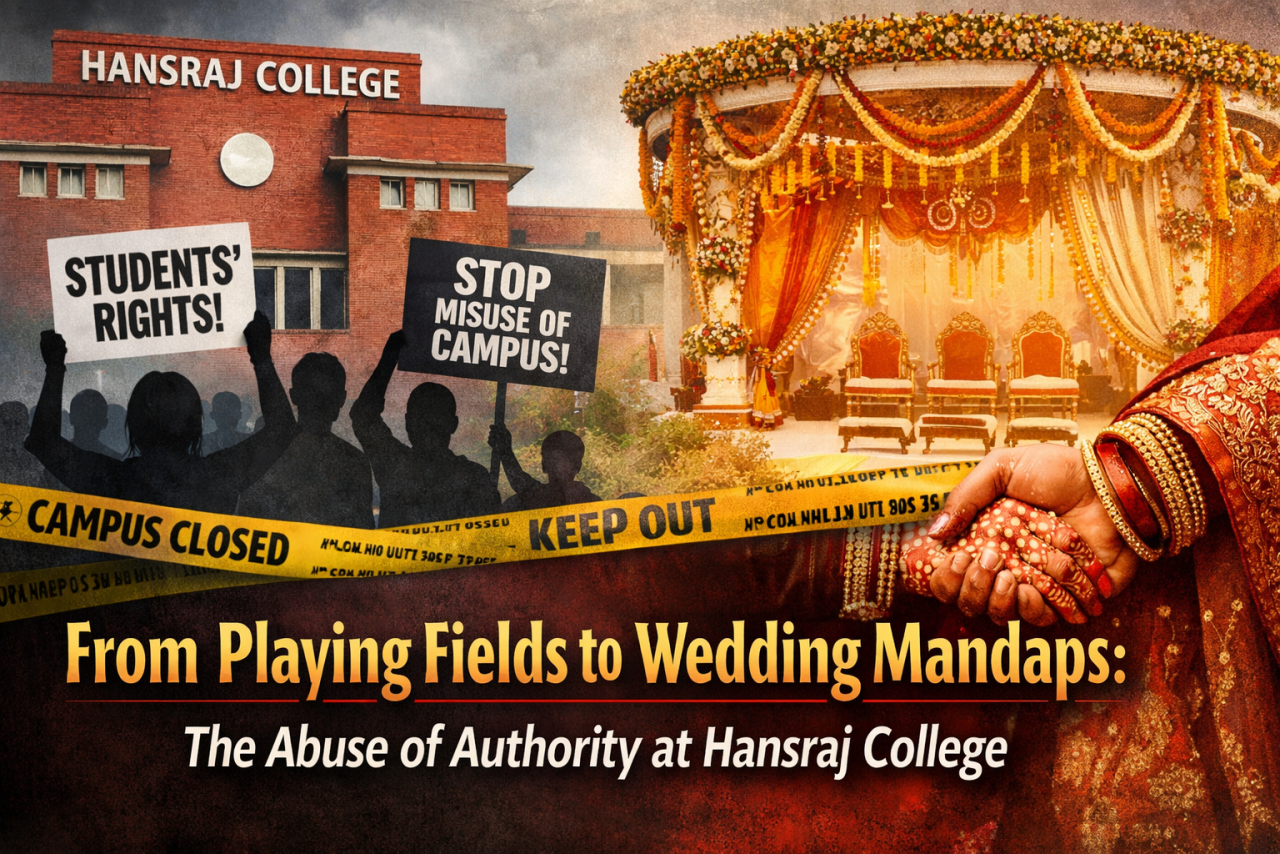
The roots of academic subjects stretch far beyond the classrooms and libraries of today; they are entwined with the very essence of human civilization. When our ancestors first discovered fire, it was not merely the harnessing of an element but the dawn of structured knowledge. Fire allowed humanity to cook food, stay warm, and ward off predators. With these newfound abilities came a need for organization—food had to be gathered and stored, shelters needed to be built, and tribes had to function cohesively. Thus, the seeds of knowledge were sown.
The first essential discipline to emerge was communication. Survival depended not just on physical prowess but on the ability to convey thoughts and emotions. Words became the building blocks of human relationships, and language was born. It was no longer enough to grunt or use hand gestures; structured speech allowed for coordination, storytelling, and the preservation of wisdom. This was the birth of what we now call literature and linguistics.
As human settlements grew, so did the need for order. People needed to count their possessions, track the passing of days, and measure distances. Numbers became the silent architects of civilization, laying the foundation for mathematics. Without it, trade would have been impossible, calendars would not exist, and construction would be left to the whims of chance. Mathematics, therefore, was not an abstract exercise but a necessity demanded by survival.
With the expansion of settlements, humans ventured beyond their immediate surroundings, seeking fertile lands and safe havens. They observed rivers, mountains, and stars, trying to understand their place in the world. Thus, geography was born—not as a subject in schools, but as a map to navigate life itself.
However, mere survival was not enough; societies needed cohesion. With growing populations came conflicts, and to maintain order, early humans sought answers beyond the tangible. Gods were created, myths were woven, and rituals took root. Religion was not just faith; it was an early attempt at governance, morality, and social control. It offered explanations for the unknown and bound people under common beliefs, forming the cornerstone of societies.
Yet, as time passed, some began to question these beliefs. Could fire, rain, and the movement of the stars truly be the will of divine beings? Could sickness be cured through prayer alone? This curiosity marked the birth of science, not as an act of rebellion against religion, but as an earnest pursuit of truth. Science and religion became twin forces—sometimes adversaries, sometimes allies—each striving to explain the mysteries of existence.
As human thought deepened, so did introspection. People sought not just knowledge but wisdom. What is the purpose of life? How should one live? From these contemplations arose philosophy, the grand attempt to understand the human condition. Unlike science, which sought external truths, philosophy delved into the soul, questioning the very fabric of existence.
But knowledge alone could not hold society together. Laws were needed to regulate human behavior, to ensure justice and stability. The emergence of laws and governance gave rise to politics—the art of leadership, diplomacy, and power. It was not merely the act of ruling but the intricate dance of authority and accountability.
As civilizations flourished, people recognized the need to document their past, to learn from mistakes, and to pass wisdom to future generations. History emerged, not merely as a recollection of events but as a guiding force for those who would shape the world after them.
However, knowledge and governance were not enough. Life, despite its challenges, needed joy. Music, dance, and theater arose not as luxuries but as essentials for the human spirit. The arts became the language of emotion, expressing what words could not.
Thus, subjects were not created in isolation, nor were they arbitrarily chosen. Each discipline grew out of necessity, shaped by the fundamental needs of survival, governance, and human expression. Even today, as we sit in classrooms and read books, we are merely continuing the ancient tradition of seeking knowledge—not for its own sake, but to understand the world and our place within it.






















MUDIT KUMAR JHA
1 year agoGood
Pankaj Kumar
1 year agoDiffrent point of view n content,Lance is very rational to see the evolution of different streem. Thank you to educate us with such an interesting topics
Ram niwash
1 year agoWell said, also I would like to mention whatever you observe you have described it very well.